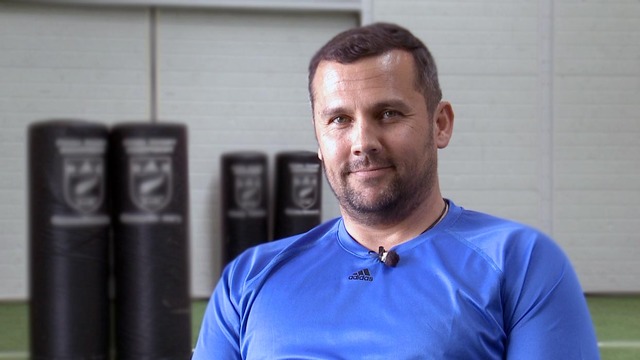Go Forward and Dominate
20 minutes into the game. Saracens had 10 possessions, Racing 13 – Saracens 0.
It’s a simple way of looking at the game I know. Yet so effective. How many possessions did we have, what were the outcomes of those possessions? Were they positive for us, if so why? Were they not so positive for us, if so why? Then the drilling down takes place.
Possession 1 – They Box kick (in traditional fashion), a Finn Russell Linebreak leads to an infringement and an opportunity for 3 points for Racing.
Possession 2 – Restart 22, Sarries breached on the edge, another Penalty infringement – Racing 3 points up.
Possession 3 – Kick Receipt – another box kick after 2 phases
Possession 4 – Kick Receipt, possession kicked back by Sarries – Penalty infringement (Deliberate Knock Down)
Possession 5 – Lost Lineout – TRY
Possession 6 – Lost Lineout – Loss of Possession.
Possession 7 – Lost Lineout – Loss of Possession.
Possession 8 – The first time they are able to string multiple phases together and they turn it over by hitting an isolated runner.
Possession 9 – Scrum – Kicked away.
Possession 10 – Penalty for crossing (which ended up in 3 points after Racing Lineout).
If we look at one of the main Principles of Play in the game which applies to both sides of the ball. One in which Sarries struggled. GO FORWARD!!
In these 10 possessions in the first 20 mins. They kicked away 4 (and didn’t regain any) and Lost 3 Lineouts. So not only did they not give themselves a chance to go forward and build momentum, they gave possession back to Racing and didn’t go forward by winning collisions on defence. Allowing Racing’s super talented ball carriers and back line time and space to work their magic.
On Defence:
Teams these days get 2 into the tackle contest however, if they don’t win the collision and the attacking team get quick ball, there are 2 defenders off their feet and out of the game. Sarries frequently had 3 and still Racing played off quick ball.
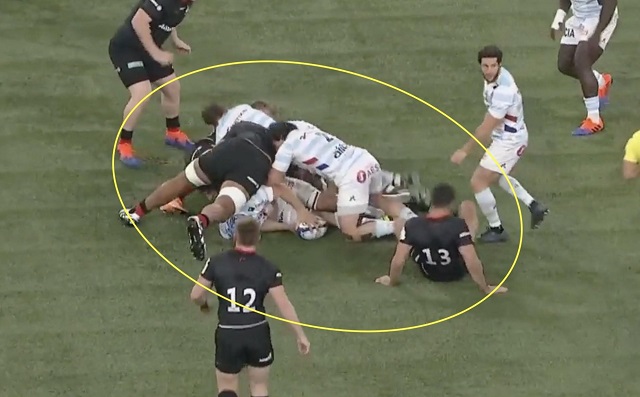
Leading up to their first try off a stolen lineout. Ben Earl raced up for the big hit but lost the collision, then Sarries guilty of all looking into the ruck instead of the old 80/20 rule (80 % focus
on ball, 20 % on man so your head is on a swivel). Any good back will spot this in a defensive line, Vakatawa proved it!!
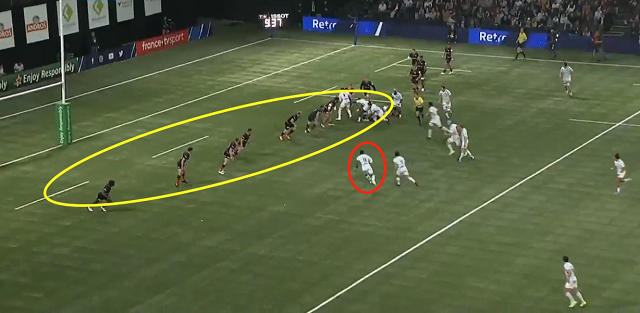
On Attack:
With the only real possession Sarries managed to hold onto the ball for, they started to GO FOWARD, they won collisions, the ball was quick, they had Racing on the ropes. Only for their attacking options to run out, hit an isolated ball carrier in yellow, here in Red we see the player who needed to be inside cleaner, slow to react.
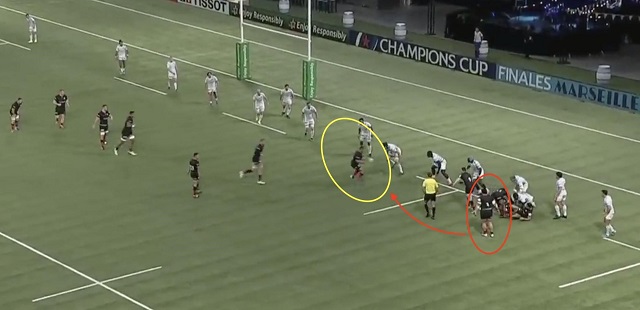
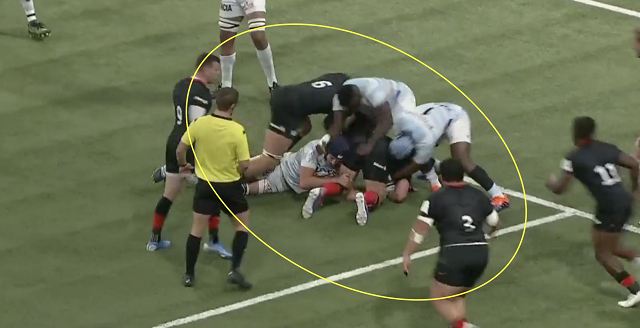
Resulting in a turnover for Racing. Their 1 attacking possession in the 1st 20mins finished!!
In Summary:
We know in any game a good start is KEY and playing Racing, in Paris (when they haven’t performed in the Top 14 so far), Sarries would have known they would come out firing.
If you need to change momentum when things aren’t going your way the old adage applies – Try to KEEP it SIMPLE and go back to basics. For example:
On attack, use a simple line out which generates some GO FORWARD and win collisions on the carries to generate quick ball.
On Defence, get off the ground quickly, know who you are and who you are marking in the system and use leg drive in the tackle contest to win collisions to slow down the ball.
These are a few things I’m sure Sarries will look at this week after receiving a lesson in them by Racing. They had a tough day at the office perhaps, but the experience gained for the younger generation of Sarries players was invaluable.
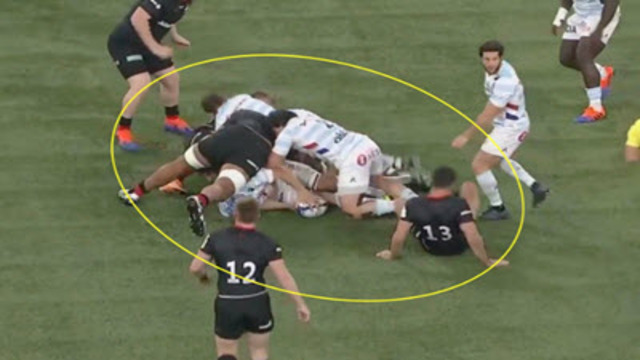

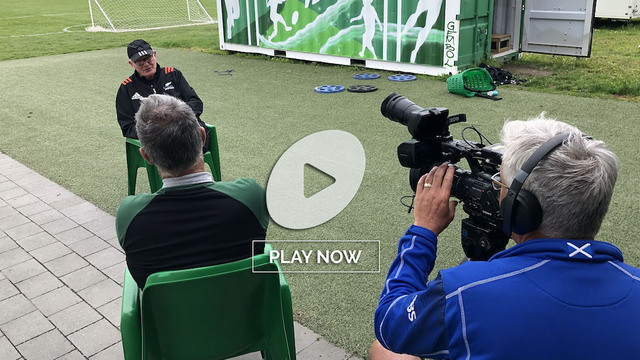


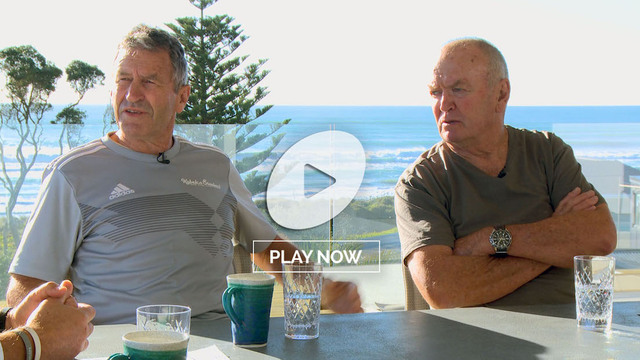
.jpg)
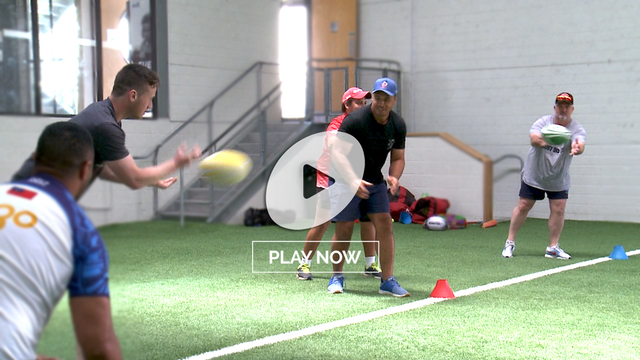
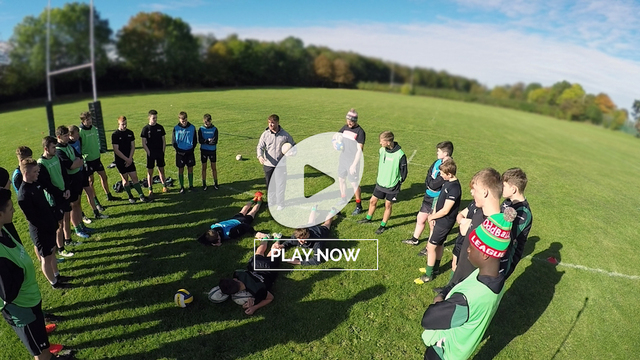
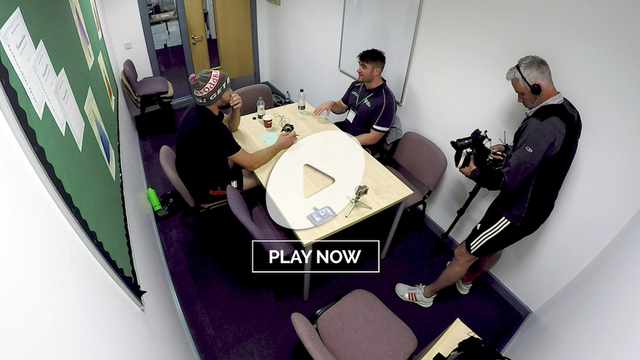
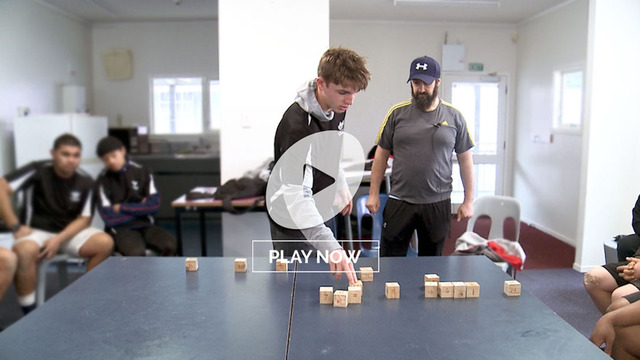
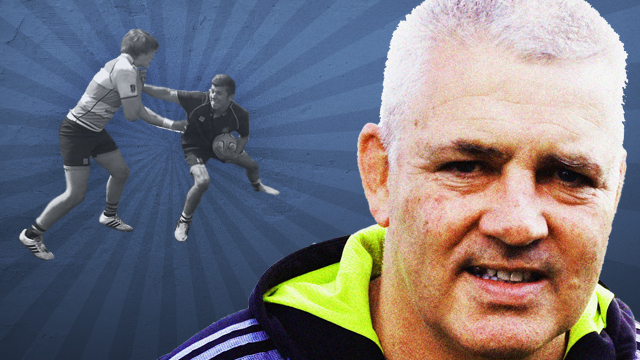
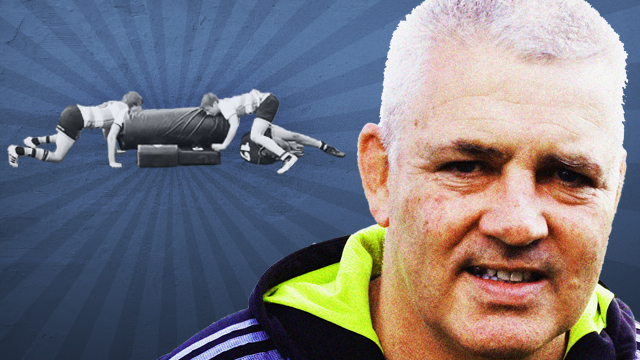
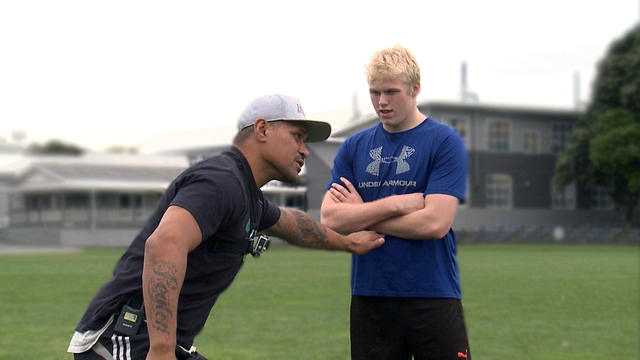

.jpg)



